When it comes to pavement applications, choosing the right binding material is crucial for long-lasting and durable roads. Two popular options for this purpose are gilsonite and bitumen. This article aims to provide a comparative analysis of these materials, examining their properties, advantages, and disadvantages, to help businesses make an informed decision for their pavement projects. Gilsonite: Gilsonite, also known as natural asphalt or uintaite, is a naturally occurring mineral found in several parts of the world, including the United States and Iran. It is a black, shiny, and brittle material characterized by its unique chemical composition, which includes a high percentage of carbon and low impurity levels. Properties of Gilsonite: 1. High melting point: Gilsonite has a melting point that ranges between 260-330°C, providing excellent resistance against high temperatures and preventing deformation under heavy traffic loads. 2. Durability: Gilsonite possesses excellent resistance to oxidation and weathering, making it highly suitable for pavements in harsh or extreme environments.
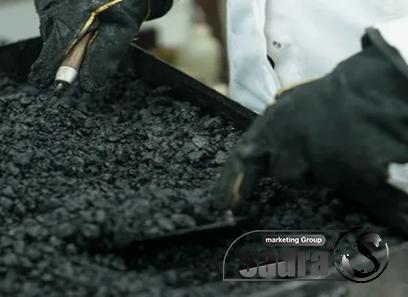
.
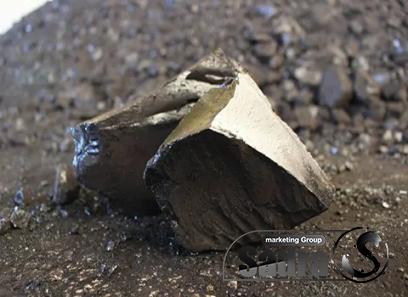 3. Elasticity: Gilsonite’s unique chemical composition gives it exceptional elasticity, allowing pavements to withstand movement and deformations without cracking or breaking. 4. Adhesion: Gilsonite has strong adhesive properties, enabling it to bind with aggregates effectively. This results in improved stability and strength of the pavement. Advantages of Gilsonite: 1. Longer lifespan: Due to its high durability and resistance to oxidation, gilsonite-based pavements have a longer lifespan compared to those using bitumen, reducing maintenance costs over time. 2. Improved performance in extreme conditions: Gilsonite’s high melting point and resistance to weathering make it an ideal choice for pavements in regions with extreme temperatures and adverse weather conditions. 3. Enhanced pavement flexibility: The elasticity of gilsonite enhances the pavement’s ability to accommodate movement and resist cracks, resulting in a smoother and more stable ride.
3. Elasticity: Gilsonite’s unique chemical composition gives it exceptional elasticity, allowing pavements to withstand movement and deformations without cracking or breaking. 4. Adhesion: Gilsonite has strong adhesive properties, enabling it to bind with aggregates effectively. This results in improved stability and strength of the pavement. Advantages of Gilsonite: 1. Longer lifespan: Due to its high durability and resistance to oxidation, gilsonite-based pavements have a longer lifespan compared to those using bitumen, reducing maintenance costs over time. 2. Improved performance in extreme conditions: Gilsonite’s high melting point and resistance to weathering make it an ideal choice for pavements in regions with extreme temperatures and adverse weather conditions. 3. Enhanced pavement flexibility: The elasticity of gilsonite enhances the pavement’s ability to accommodate movement and resist cracks, resulting in a smoother and more stable ride.
..
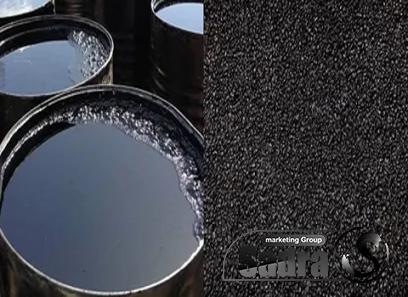 Disadvantages of Gilsonite: 1. Limited availability: Gilsonite is not as abundant as bitumen, and its supply can be limited in certain regions, leading to higher costs and potential supply chain challenges. Bitumen: Bitumen, also known as asphalt or asphalt cement, is a common binding material widely used in pavement construction globally. It is derived from petroleum and is available in different grades, such as pen grade, viscosity grade, and performance grade. Properties of Bitumen: 1. Lower melting point: Bitumen has a melting point that ranges between 120-180°C, making it easier to handle during mixing and application processes. 2. Cost-effectiveness: Bitumen is often more affordable and readily available compared to gilsonite, making it a popular choice for many pavement projects. 3. Flexibility: Bitumen provides excellent flexibility, allowing the pavement to adjust to slight movements, reducing the risk of cracking and pavement damage. Advantages of Bitumen: 1. Cost-effective solution: Bitumen’s availability and lower pricing make it a cost-effective solution for many pavement applications, particularly for projects with budget constraints. 2. Versatility: Bitumen can be easily modified with additives to improve its performance characteristics, such as resistance to deformation, better adhesion, and increased durability.
Disadvantages of Gilsonite: 1. Limited availability: Gilsonite is not as abundant as bitumen, and its supply can be limited in certain regions, leading to higher costs and potential supply chain challenges. Bitumen: Bitumen, also known as asphalt or asphalt cement, is a common binding material widely used in pavement construction globally. It is derived from petroleum and is available in different grades, such as pen grade, viscosity grade, and performance grade. Properties of Bitumen: 1. Lower melting point: Bitumen has a melting point that ranges between 120-180°C, making it easier to handle during mixing and application processes. 2. Cost-effectiveness: Bitumen is often more affordable and readily available compared to gilsonite, making it a popular choice for many pavement projects. 3. Flexibility: Bitumen provides excellent flexibility, allowing the pavement to adjust to slight movements, reducing the risk of cracking and pavement damage. Advantages of Bitumen: 1. Cost-effective solution: Bitumen’s availability and lower pricing make it a cost-effective solution for many pavement applications, particularly for projects with budget constraints. 2. Versatility: Bitumen can be easily modified with additives to improve its performance characteristics, such as resistance to deformation, better adhesion, and increased durability.
…
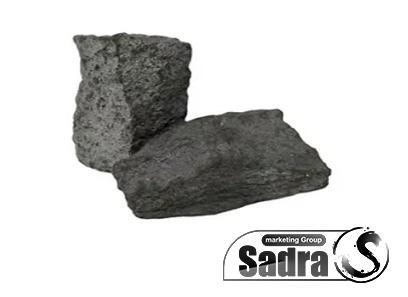 3. Skid resistance: Bitumen pavements typically have good skid resistance, ensuring adequate road grip and safety for vehicles. Disadvantages of Bitumen: 1. Reduced durability: Bitumen-based pavements may require more frequent maintenance and repair due to their lower resistance to oxidation and weathering compared to gilsonite. 2. Vulnerability to temperature fluctuations: Bitumen pavements can undergo deformations under extreme temperature swings, requiring additional measures, such as mix design adjustments or the use of additives, to prevent road damage. Conclusion: Both gilsonite and bitumen have their unique properties and advantages for pavement applications. Gilsonite offers excellent durability, high resistance to extreme conditions, and enhanced pavement flexibility. However, its limited availability and potentially higher costs can pose challenges. On the other hand, bitumen provides cost-effectiveness, versatility, and good skid resistance, although it may require more frequent maintenance and repair. Ultimately, the selection between gilsonite and bitumen should be based on the specific project requirements, budget considerations, and the prevailing climate and environmental conditions.
3. Skid resistance: Bitumen pavements typically have good skid resistance, ensuring adequate road grip and safety for vehicles. Disadvantages of Bitumen: 1. Reduced durability: Bitumen-based pavements may require more frequent maintenance and repair due to their lower resistance to oxidation and weathering compared to gilsonite. 2. Vulnerability to temperature fluctuations: Bitumen pavements can undergo deformations under extreme temperature swings, requiring additional measures, such as mix design adjustments or the use of additives, to prevent road damage. Conclusion: Both gilsonite and bitumen have their unique properties and advantages for pavement applications. Gilsonite offers excellent durability, high resistance to extreme conditions, and enhanced pavement flexibility. However, its limited availability and potentially higher costs can pose challenges. On the other hand, bitumen provides cost-effectiveness, versatility, and good skid resistance, although it may require more frequent maintenance and repair. Ultimately, the selection between gilsonite and bitumen should be based on the specific project requirements, budget considerations, and the prevailing climate and environmental conditions.
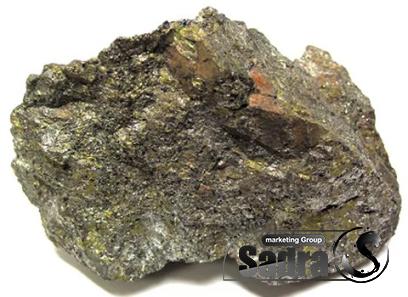
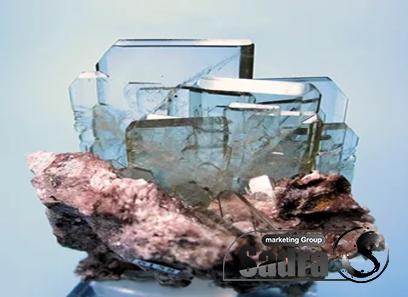
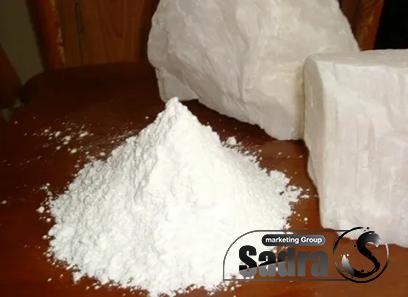
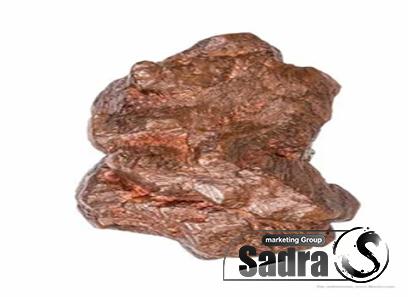
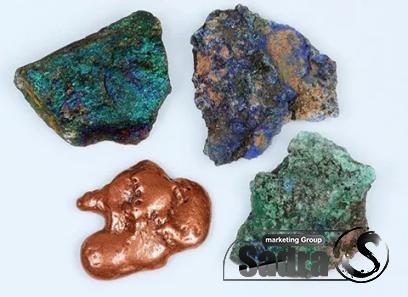
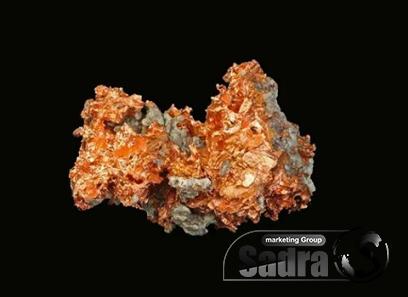
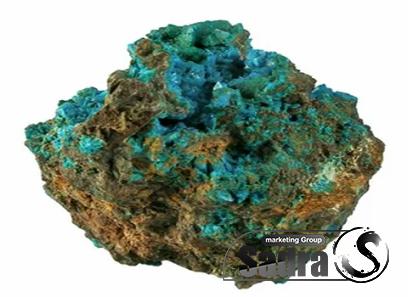
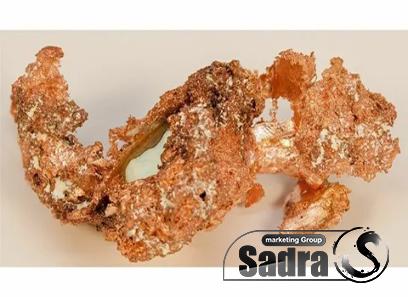
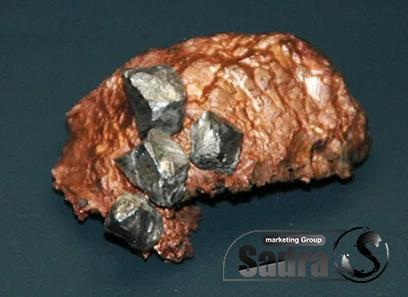
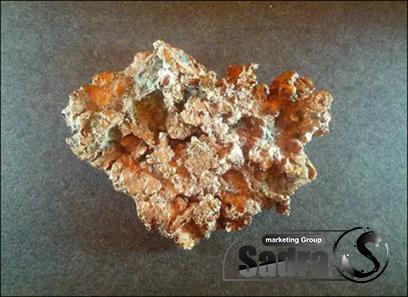
Your comment submitted.